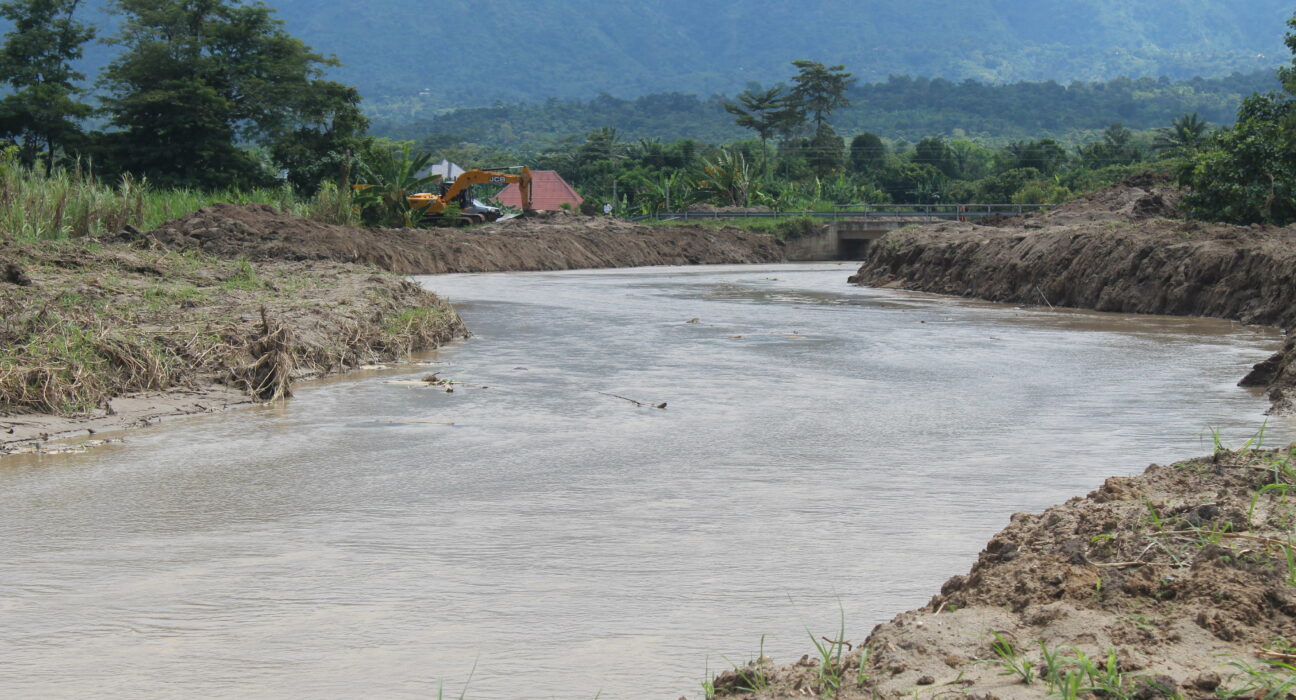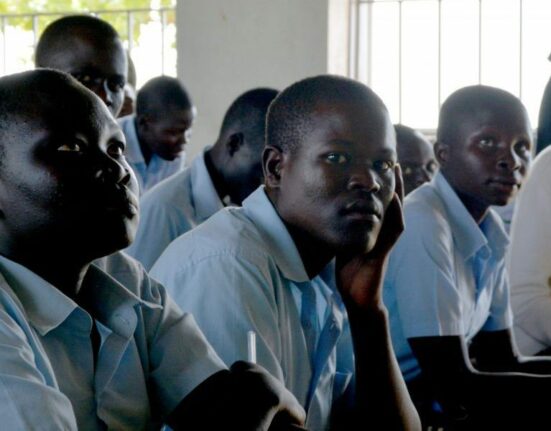In response to the growing impact of climate change worldwide, the Food and Agriculture Organization (FAO) is prioritizing pre-disaster mitigation efforts, particularly in Uganda’s vulnerable Rwenzori region. As the world grapples with rising temperatures, flooding, droughts, and severe storms, implementing anticipatory actions and improving early warning systems is crucial in mitigating these effects.
The Global Humanitarian Assistance Report of 2023 paints a grim picture, revealing that 83 percent of the 406.6 million people in need of humanitarian assistance faced multiple risk factors, including conflict, climate change, and socioeconomic vulnerabilities.
Humanitarian assistance spending increased by 1.2 percent in 2023 to USD 46.9 billion, primarily focused on mitigating post-disaster effects in conflict or climate-affected areas globally. Uganda also faces the far-reaching consequences of climate change, from ADF attacks to unpredictable natural phenomena.
Droughts, flash floods, landslides, and excessive rainfall have become common occurrences, affecting at least 50,000 people annually in the country. The FAO estimates the cost of flood impacts at USD 62 million, equivalent to 0.13 percent of the National Gross Domestic Product.
Recognizing the urgency, FAO launched the “Strengthening flood early warning, preparedness, and anticipatory action in hot-spot areas in Uganda” project. Funded by the Government of Belgium with USD 1 million, the project targets flood hotspots, leveraging existing data and extensive research.
Under this initiative, FAO cleared over 810 meters of River Kirumya in Bundibugyo and 2 km of Kamulikwizi channel in Kasese, significantly reducing flood risks. This intervention not only ensured residents’ safety but also had a profound economic impact by safeguarding vital infrastructure and agricultural lands.
The next phase aims to extend similar anticipatory measures to additional disaster-prone regions in the country, addressing the escalating impacts of climate change swiftly and effectively. Recently, Uganda held its first-ever National Dialogue on Anticipatory Action, signaling progress in implementing anticipatory action across the country.






